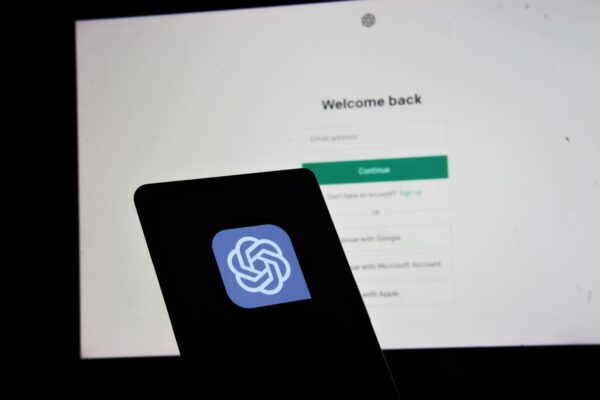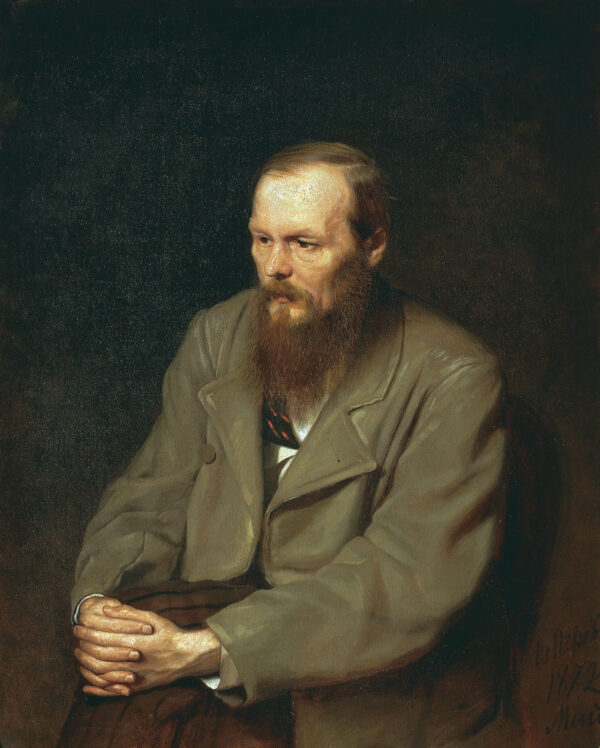Looking at the resources for Week 8 of EdTech, I felt compelled to make a post about Trevor Mackenzie’s recorded discussion. Trevor’s talk focused mainly on inquiry and constructivism in the classroom. Trevor is a teacher, author, and consultant who teaches high school in Victoria, BC. He has written several books with Rebecca Bathurst-Hunt about inquiry-based classrooms, aimed at both high school and elementary classrooms. In their books and in Trevor’s discussion, a core theme that runs through their practice is asking their students questions to co-construct the learning environment.
An example of an opening question Trevor uses when he first meets a group of students: What were your experiences with education in elementary and high schools?
My answers (in point form):
- It was fine
- Had to do it
- Mostly did it for letter grades
- I did well and got high grades
- My identity in school became defined on getting high marks
- Had lots of pressure to do well
- Helped others in classes to achieve higher and understand things
- Part of why I wanted to become a teacher
- Was in a “gifted and talented” program in high school
- As a student in grade school, being labelled “gifted and talented” allowed me more autonomy to choose different paths for learning, but I was not supported enough in this and thus did not get an ideal outcome from these opportunities.
This question helps gauge where to start with a group before any teaching starts. How can learning happen when teachers and students don’t really know each other?

Another example of a question Trevor might ask a new group of students: What does student success mean to you?
My answer: learning, happiness, confidence, growth, seeing new horizons and opportunities, the future seeming bright, looking forward to coming back for more
Another set of questions that could be asked at the beginning or throughout the school year:
- What is school like for you?
- Do you enjoy school? What about it specifically do you enjoy?
- Do you not enjoy certain aspects of school? What are they specifically?
- Where do you struggle in school? What gets in the way of your learning?
- Where do you experience success in school?
- What would you change about school to help you learn more? Be specific.
Asking students questions about their thoughts and feelings about school will help co-construct the learning environment throughout the learning experience. This also leads into the concept of negotiated learning, which is the process of con-constructing the learning environment with students but compromising while doing so. There are some non-negotiable parts of the learning environment and experience (like safety rules and keeping to the curriculum) and then there’s room for flexibility.
Trevor went on the explain the different types of inquiry using a metaphor of a swimming pool, where the depth of the pool represents how much agency students have with the process, research, and product of the inquiry project/assignment; the shallow end represents teacher-led inquiry and the deep end represents student-led inquiry, with variations in the middle of these two extremes.
The four types of inquiry the Trevors uses:
- Structured – students all engage in one inquiry together which is chosen by the teacher
- Controlled – students select from a range of resources provided by teacher
- Guided – students create the product/solution but not the resources
- Free – students choose topic, research, and product

He also identifies a common misconception: that free Inquiry is the “best” form of inquiry. In reality, the four different types of inquiry are equal in quality, but are just meant for different situations, topics, or projects. Any of these methods can be successful in the right circumstance when supported and scaffolded correctly.
Trevor also left us with a question to ask ourselves as teachers: am I doing something for my students that they should or could be doing for themselves? Students of all levels can have agency over their learning in a variety of different ways. It is important as constructivist educators to ask ourselves often how and when students can build up more and more agency in their education. Achievement, attendance, and sense of belonging improves when agency and student skills* are developed.
*These student skills are:
- Critical thinking
- Collaboration
- Communication
- Curiosity
Trevor also provided us with a series of questions (that he uses in his own practice) to keep students engaged:
- What do you think?
- What makes you say that?
- Can you tell me more?
- What about this makes you wonder something?
- Can you share more of your thinking?
These questions are not about content, but are about the learning process. Talking, thinking, and reflecting are the key ideas to return to.
I feel most excited to teach in the future when I am contemplating inquiry and constructivism. I felt very strongly about the Most Likely to Succeed film and I feel the same listening to Trevor’s talk. My personal experiences with education were not inquiry-based for the most part, and though I succeeded in school many of my classmates struggled with rigid class structures and a focus on learning content over building effective learning habits. One of the reasons I wanted to become a teacher is that I saw many of my friends growing up were failed by our learning environments and were not able to reach their potential in school, and I feel as though I can develop a better learning environment in my future classrooms with the skills I am learning during my university education. My goals is to be a teacher who uses inquiry-based models and constructivist theory, as well as the First Peoples Principles of Learning and the Core Competencies of the BC Curriculum, to co-construct and negotiate a learning environment for students that helps them build skills, confidence, and hope for their futures.





